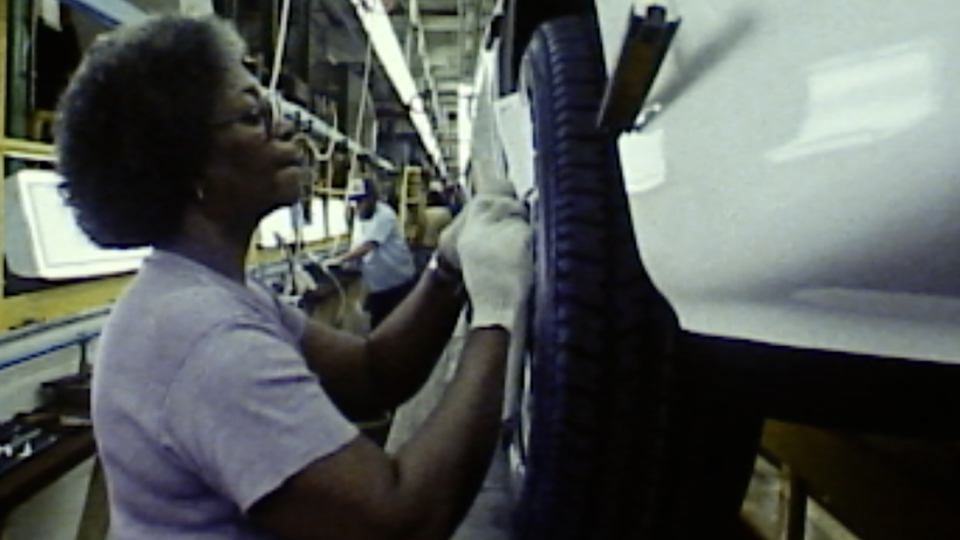Kartemquin Members’ Work for Hire
1953-1999 / 85 min. / 16mm & digital video
Logan Center for the Arts, 915 E. 56th St.
Friday, April 24, 2015 at 7pm
With Gordon Quinn and Judy Hoffman

Throughout much of the twentieth century, millions of students learned about the world by watching educational films, and many workers learned their jobs by watching industrial films. These films are mostly forgotten today (or remembered for their unintentional comedic value), but looking at how they addressed important issues can tell us how and what students learned about the tumultuous changes in American and global society after World War II. This in turn can give us new insight into how modern media is used for education.
The four screenings in The Streets and the Classrooms: Educational and Industrial Films in an Era of Massive Social Change look at how educational and industrial films addressed massive social change, how that social change affected the films, and how working on these films affected documentary filmmakers in Chicago. Speakers at each screening will introduce the films and then lead a discussion about what the films said about the era in which they were made, and how they continue to be useful tools for social analysis.
Kartemquin Members’ Work for Hire
Chicago’s Kartemquin Films is known for its socially engaged documentaries, but funds haven’t always been plentiful. So, like many Chicago-based documentary filmmakers, they did work for hire to raise money for their projects and pay their rent. But it wasn’t just about getting paid: they used this work as an opportunity to hone their craft and learn about different worlds of work, from fast food to organ transplants to automotive plants. This in turn opened the filmmakers up to thinking about their own relationship to the film industry. In films like Strange and Beautiful (about quality control at McDonald’s) and Roadmap for Change: The Deming Approach (about a radical experiment at a Pontiac factory), the filmmakers behind such classic documentaries as The Last Pullman Car and Hoop Dreams figured out how to survive and perfect their craft. Most of these films have never screened publicly.
This program is made possible by a grant from the Illinois Humanities Council, the National Endowment for the Humanities, and the Illinois General Assembly. Further support comes from The MacArthur Funds for Arts & Culture at the Richard H. Driehaus Foundation; Black Cinema House; the Reva and David Logan Center for the Arts, Arts + Public Life, the Center for the Study of Race, Politics & Culture, and the Film Studies Center at the University of Chicago; and Media Burn Independent Video Archive.
